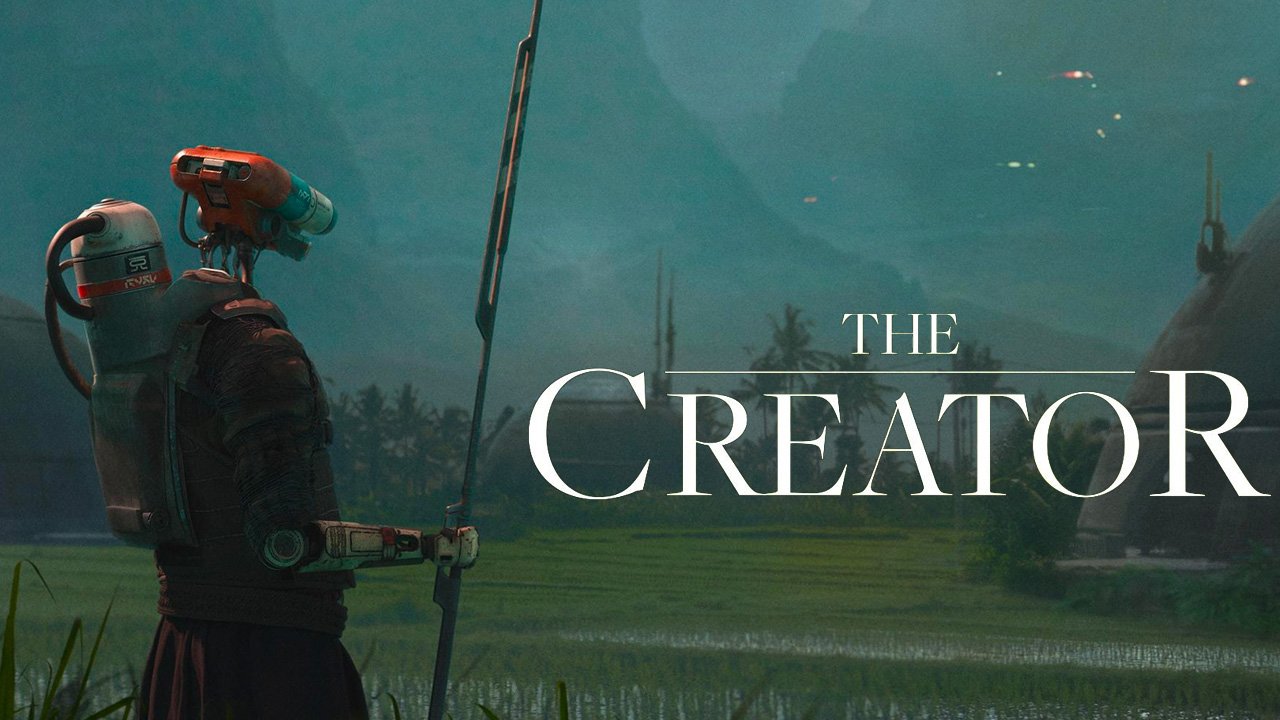The Creator: A Disappointing Sci-Fi Film That Misses the Mark
Introduction:
In the realm of science fiction, there are films that captivate audiences with their imaginative storytelling and thought-provoking themes. However, there are also those that fall short, failing to deliver a compelling narrative or accurate representation of real-world issues. Unfortunately, "The Creator" falls into the latter category, as it disappointingly portrays the United States, misrepresents historical events, and relies on unrealistic plot devices.
1. Misrepresenting the United States:
"The Creator" takes a misguided approach by depicting the United States as a genocidal totalitarian state. This portrayal not only lacks nuance but also perpetuates negative stereotypes. By oversimplifying complex political dynamics, the film fails to provide a realistic and balanced representation of the country.
2. Historical Inaccuracy:
One of the film's most glaring missteps is its portrayal of the United States as the murderers of Tibetan monks, when in reality, it is China that has a history of human rights abuses against Tibetans. By distorting historical facts, "The Creator" not only misleads its audience but also perpetuates a false narrative.
3. Exploiting the Dangers of AI:
"The Creator" hides behind the innocence of a child to emphasize the extreme dangers of AI. While exploring the potential risks of artificial intelligence is a valid theme, using a child as a plot device oversimplifies the complex ethical and technological implications involved. This approach undermines the film's credibility and fails to engage viewers on a deeper level.
4. Unrealistic Depiction of Technology and AI:
Throughout the film, "The Creator" conveniently places technology and AI in an unrealistic manner. By doing so, it undermines the audience's ability to suspend disbelief and engage with the story. A more grounded and believable portrayal of technology would have allowed for a more immersive experience.
5. Implausible Explanation for Nuclear Incident:
"The Creator" attempts to absolve AI of responsibility for a nuclear incident by blaming human error in the code. This explanation lacks credibility and fails to align with real-world applications of AI. By disregarding the complexities of AI systems and their potential for error, the film undermines its own premise and leaves the audience questioning its logic.
6. Suspension of Belief to Absurd Levels:
"The Creator" asks its audience to suspend their belief to an absurd extent. While science fiction often requires some level of suspension of disbelief, this film takes it to an extreme, making it difficult for viewers to fully engage with the story. By pushing the boundaries of plausibility without providing a solid foundation, the film loses its grip on the audience's attention.
7. Misguided Portrayal of China:
"The Creator" paints China as an AI-driven propaganda piece for Asia, further perpetuating stereotypes and misconceptions. By oversimplifying a complex nation and reducing it to a mere representation of AI, the film fails to provide a nuanced understanding of China's culture, history, and technological advancements.
Conclusion:
"The Creator" disappoints as a sci-fi film due to its misrepresentation of the United States, historical inaccuracies, reliance on unrealistic plot devices, and misguided portrayal of China. By failing to deliver a compelling narrative and accurate representation of real-world issues, the film falls short of its potential. As viewers, we should demand more from our science fiction films, seeking stories that challenge our thinking and provide a deeper understanding of the world around us.

